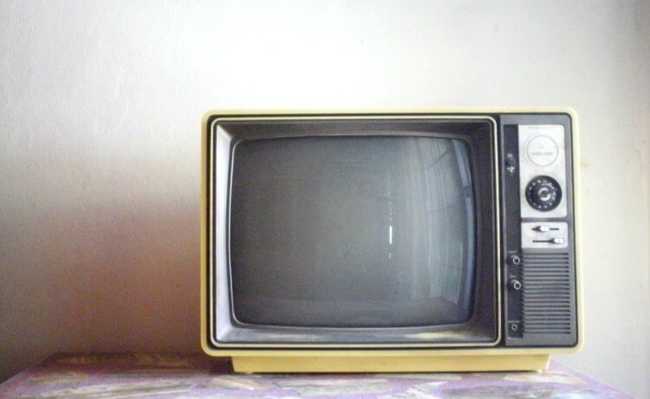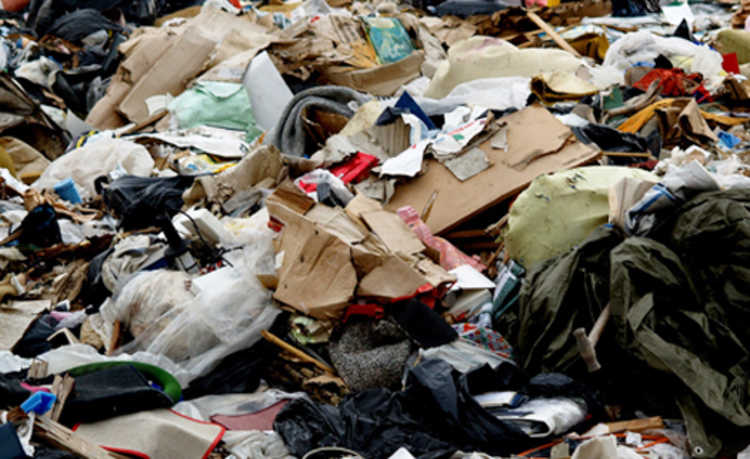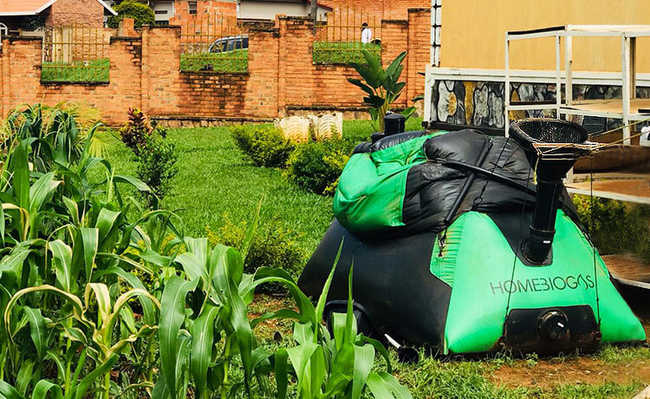Is toner recyclable?
IT'S! But be careful to find out if the disposal site actually reuses waste

Putting a proper end to that device that no longer works is one of the great dilemmas we face today. What to do with that TV that stopped working? And what about that monitor that doesn't work like it used to? What about printer cartridges and toner?
Toner cartridges are made from plastics commonly made from petroleum – it is estimated that 3 liters of fuel oil is needed to produce a single toner. Plastic takes up to a thousand years to decompose and, when accumulated, considerably shortens the life of landfills. According to an article, the toner also contains a powder that is a mixture of carbon with styrene, acrylate, polyester resin and other polymers. Due to these components, when toner is burned or improperly disposed of in the environment, polymers, metals and even methane gas are released, which damages the environment and contributes to the greenhouse effect.
This powder is not considered a toxic substance, however, due to the extremely small size of its particles, it can cause irritation to the respiratory system in people exposed to it for a long period.
National Solid Waste Policy
When disposing of empty toner cartridges, many people end up selling these products to places that promise to recycle them. However, most of the time, the cartridges are not recycled, they are just washed or vacuumed and refilled, which is polluting and can compromise the health of those who do this type of procedure. It would then be more appropriate to deliver the cartridge to the manufacturer or remanufacturer so that the parts could actually be recycled and properly disposed of.
In 2010, the National Solid Waste Policy (PNRS) was approved, which promises to look more closely at the country's recycling and sustainability problems. This policy aims to close the dumps by 2014, encourage municipalities to adopt selective collection, restrict the forwarding of only waste to landfills and oblige manufacturers to create a recycling system for their own products, called reverse logistics. Thus, a soft drink company will be responsible for collecting and recycling aluminum bottles and cans, as well as toner cartridge manufacturers will be responsible for collecting and correctly disposing of their products. Companies that are not the original manufacturers of certain products will not, however, be held responsible for their reverse logistics, which has been generating criticism from many environmentalists.
Some cartridge companies are now accepting receipt of their empty products. In some cases, the consumer is asked to add three to five cartridges for collection; in the case of companies, they are often required to add up to 30 empty toner cartridges. It is advisable to store the empty cartridge in places where there is no humidity or high temperatures, and preferably inside boxes, to avoid leakage.










